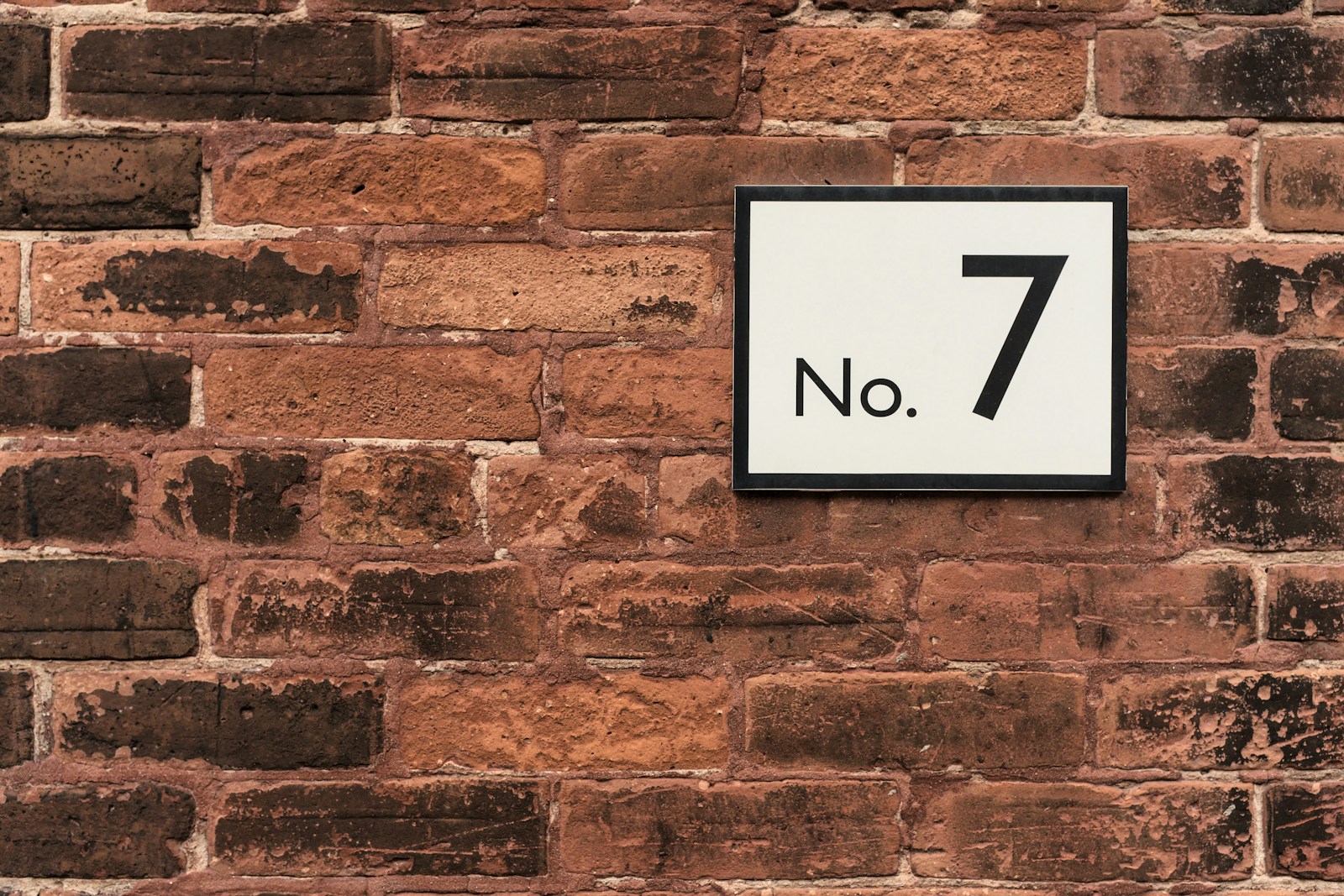
nombre

number
The French word 'nombre' is used in a similar context as it's English equivalent 'number'. It refers to a numerical or mathematical figure, has connotations in counting or counting systems, and can be used in broader context such as being synonymous to amount or quantity in certain scenarios. Note that when referring to a telephone 'number', the term 'numéro' is used instead.
Example sentences using: nombre
Le nombre de personnes dans la salle est élevé.

The number of people in the room is high.
This sentence is stating the amount of people in a room in a quantitative sense.
Ce nombre est incorrect.

This number is incorrect.
This phrase may be used in mathematical contexts or when discussing numerical data.
Le nombre de chats que j'ai est quatre.

The number of cats I have is four.
It's a statement that tells how many cats the speaker owns.
Vérifiez toujours le nombre de caractères dans votre mot de passe.

Always check the number of characters in your password.
This sentence refers to ensuring the count of characters in a password, a common parameter in password security.
Je ne peux pas comprendre ce nombre.

I can't understand this number.
This phrase might be used if someone is struggling to grasp a numerical concept or having trouble reading a particular number.
Encore un nombre à additionner.

Another number to add.
This sentence might be used when doing arithmetic tasks and having more numbers to process.
Le nombre d'étudiants dans cette classe a diminué.

The number of students in this class has decreased.
This phrase can be used in an academic setting to denote the decrease in the amount of students attending a class.
Pourquoi ce nombre est-il si important?

Why is this number so important?
This is a question asking about the significance of a particular number, possibly in a context where that number has been highlighted.
Le nombre de fois où je te l'ai dit!

The number of times I've told you!
This phrase is often used by a person who is frustrated or annoyed that they have to repeat themselves.
Chaque nombre a sa propre histoire.

Every number has its own story.
This philosophical sentence suggests that numbers can have symbolic or historical meanings beyond their mathematical value.